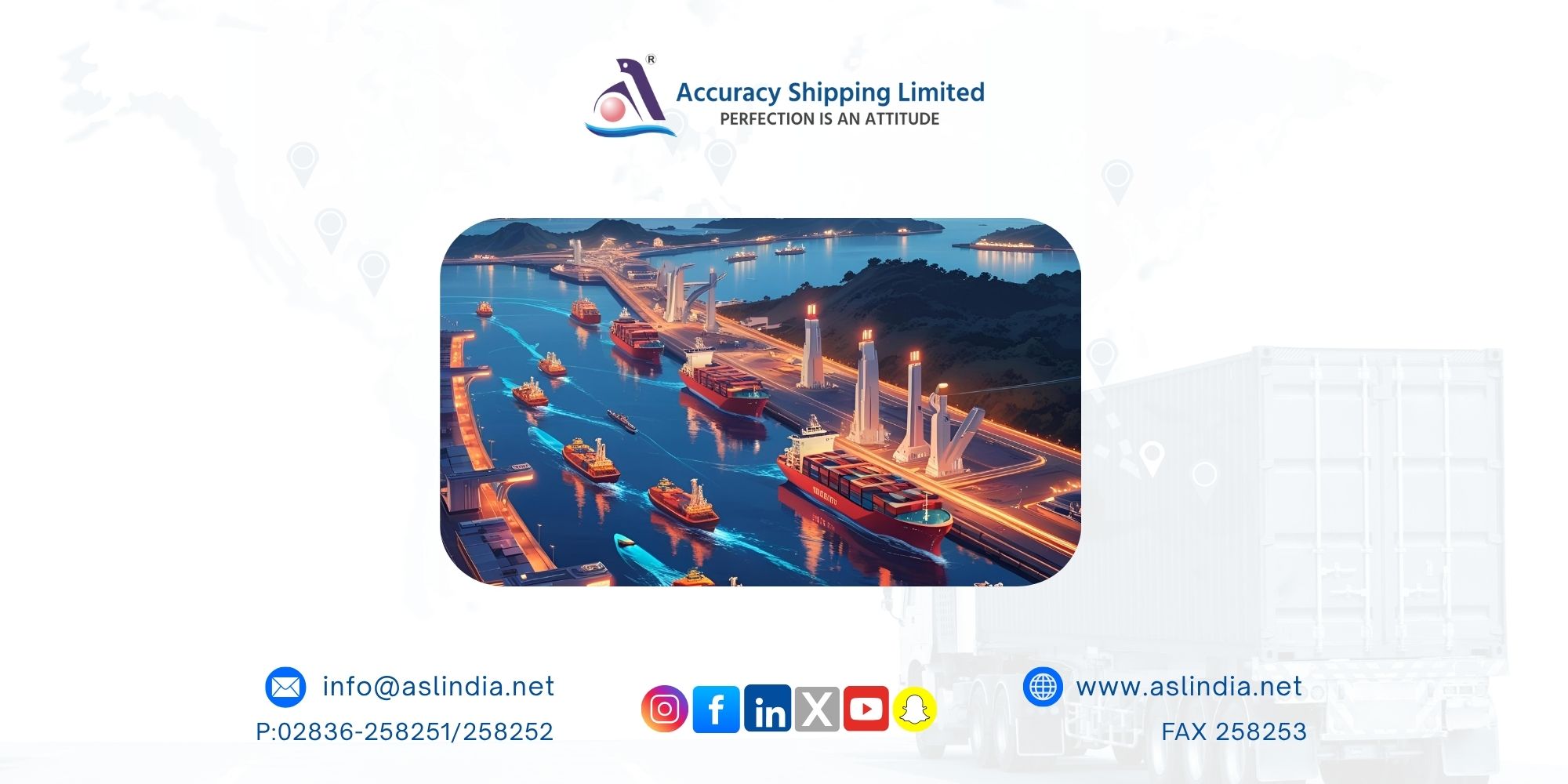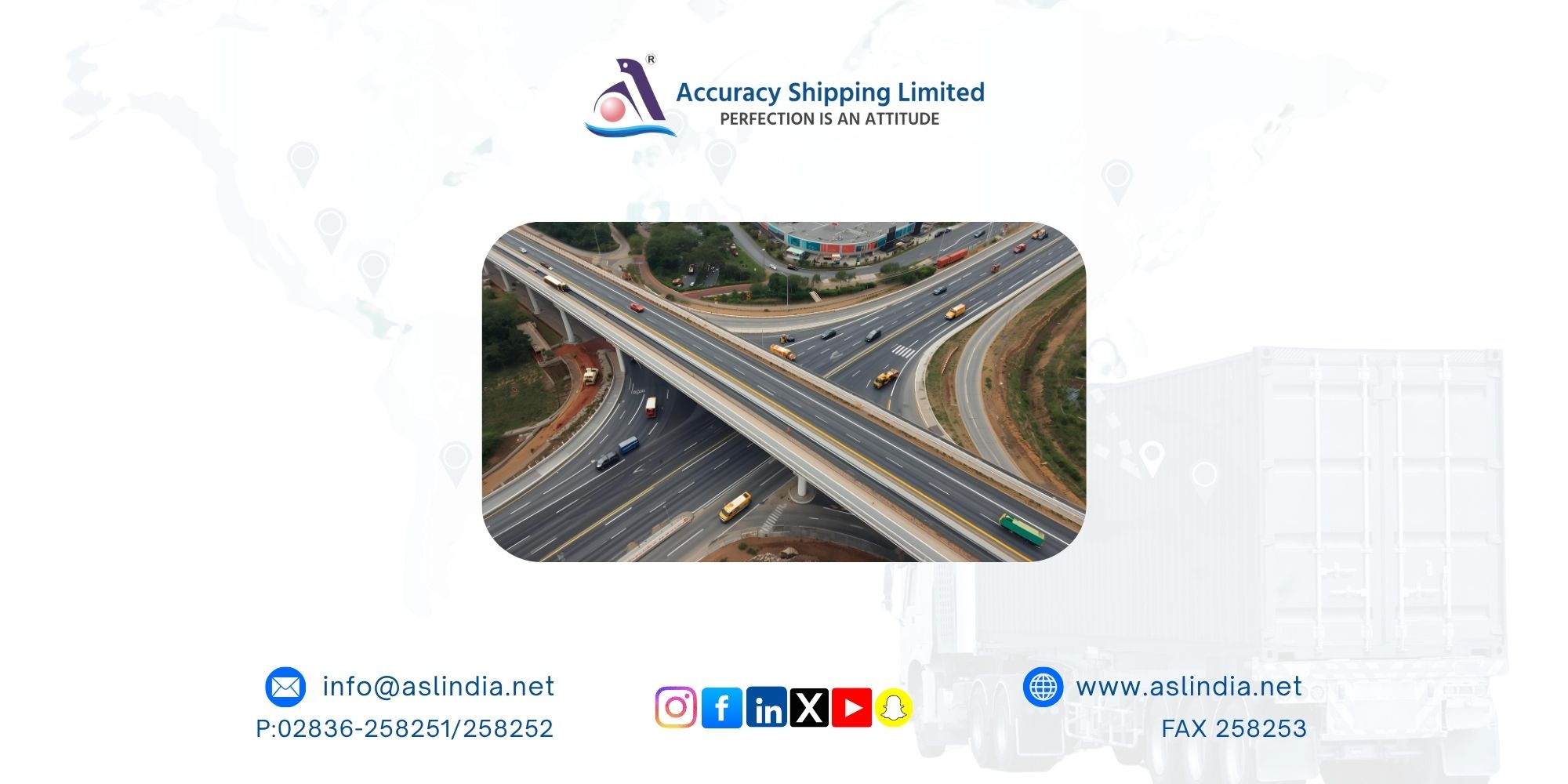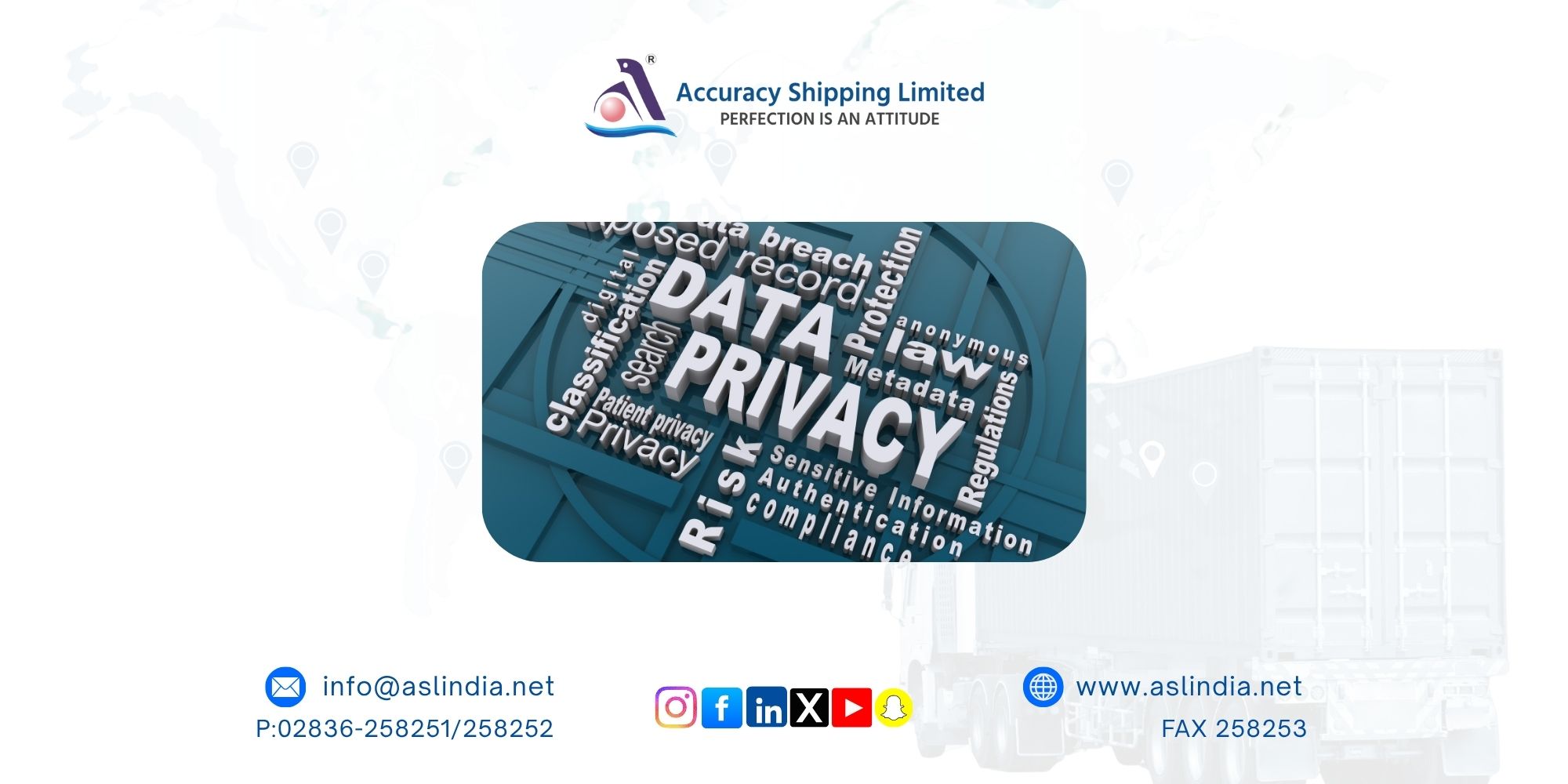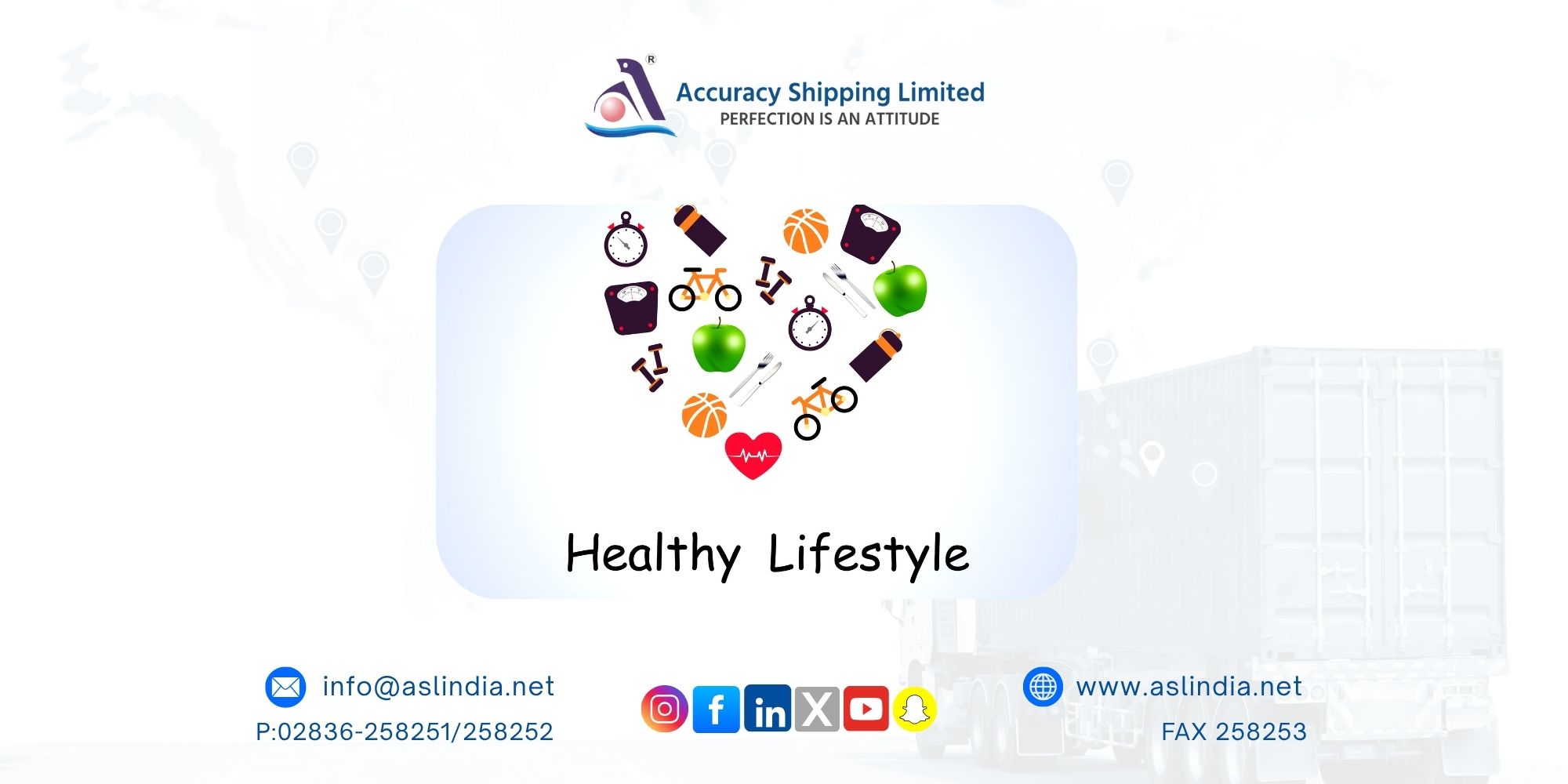Ports of the Future: India’s maritime vision 2047 unfolds

As India charts its course toward becoming a developed economy by 2047, the maritime sector has emerged as one of the nation’s most strategic pillars. The recently concluded India Ports Conference 2025 in Mumbai, themed Unleashing Next-Gen Port and Logistics Infrastructure, marked a defining moment for this transformation. It wasn’t just another event it was a powerful confluence of policy, vision, and intent. As Rajiv Jalota, Advisor to the Indian Ports Association (IPA), observes, “India’s maritime moment has arrived.”
Anchoring India’s Global Trade Aspirations
Ports are the lifeblood of India’s international trade, handling over 90% of external trade by volume. In FY 2024–25, Indian ports reached a cargo throughput of 1,460 million metric tonnes (MMT) a milestone achievement that included a rising 22.7% share of coastal cargo. Yet, the domestic handling of transshipment cargo remains low, at only 25%, highlighting a pressing need to build capacity and confidence at home.
As global trade corridors shift and new supply chains emerge, India must transform from being a supportive trade participant to a central logistics hub. The Maritime Vision 2047 envisions Indian ports as smart, green, secure, and globally competitive gateways, rivaling the best port ecosystems in the world.
Sustainability: A Strategic Differentiator
In the maritime world of tomorrow, sustainability is no longer optional it is foundational. Global shipping is being reshaped by carbon reduction targets and climate-aligned policies. For Indian ports to stay relevant and competitive, they must transition aggressively toward green operations. Key initiatives include:
Deploying shore power and green fuel infrastructure (such as green hydrogen)
Electrification of port operations and integration of energy-efficient architecture
Participation in green shipping corridors in collaboration with international partners
Frameworks like the Harit Sagar Guidelines and upcoming ESG mandates offer a path forward. But intent alone will not drive change India must back these shifts with climate finance, blended capital structures, and clear policy direction.
Smart Ports Need Smart People
The ports of 2047 must be as intelligent as they are expansive. Digitization is no longer a choice it is the new operational baseline. Integrating AI, IoT, blockchain, and real-time data platforms will be essential to streamline logistics and maximize efficiency.
Digital ecosystems such as ICEGATE, ULIP, Sagar Setu, and the Logistics Data Bank need to converge into a unified national port system, reinforced by strong cybersecurity through frameworks like MTS-ISAC.
Yet, this transformation is only possible with the right talent. India must invest in developing a future-ready maritime workforce including AI enablers, green engineers, and logistics technologists to lead and sustain the sector’s evolution.
Ports as Strategic Geopolitical Anchors
In the modern era, ports serve purposes beyond commerce. They are geopolitical assets. With Asia’s share of maritime freight climbing from 38% in 2000 to 54% in 2023, India’s position in this reshaped geography is crucial.
Infrastructure projects like Vadhavan, Galathea Bay, and Vizhinjam are more than national development efforts they are strategic imperatives anchoring India’s partnerships across the Indo-Pacific, Middle East, EU, and Quad nations.
India’s maritime diplomacy must now emphasize port development agreements, technology sharing, and maritime innovation alliances, positioning the country as a reliable, secure, and forward-looking trade partner.
Indian Ports Association: Leading the Collective Charge
The Indian Ports Association (IPA) plays a central role in orchestrating India’s port evolution. It is fostering:
Standardization of green practices
Coordination of sustainability benchmarks across major ports
Facilitation of public-private partnerships
Bridging global best practices with local execution
The IPA is a platform for stakeholders to co-create India’s maritime future, shaping policies through real-time industry insights and unified strategies.
The Road Ahead
India’s ports of the future must not merely grow in size but evolve in purpose and performance. It is no longer sufficient to expand legacy infrastructure. We must reimagine ports as intelligent, green, and strategic nodes in a highly interconnected global network.
As India navigates the journey toward 2047, the maritime sector will not just support the economy it will anchor the nation’s rise as a global power. The ports we build today are not just gateways for goods; they are gateways for India’s ambition on the world stage.







